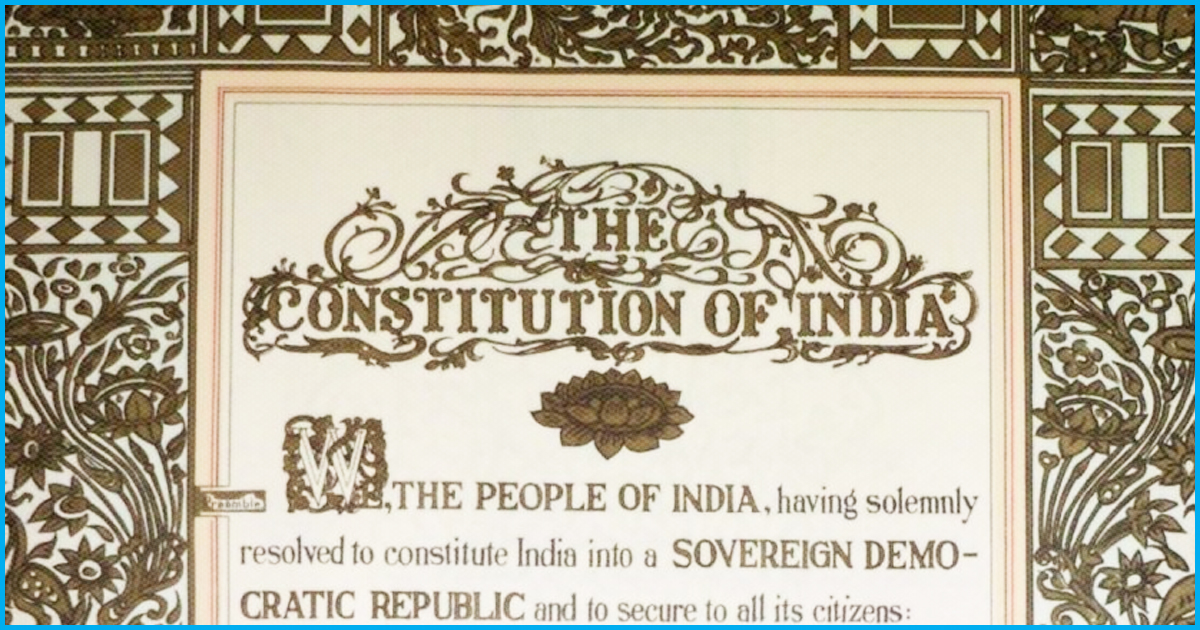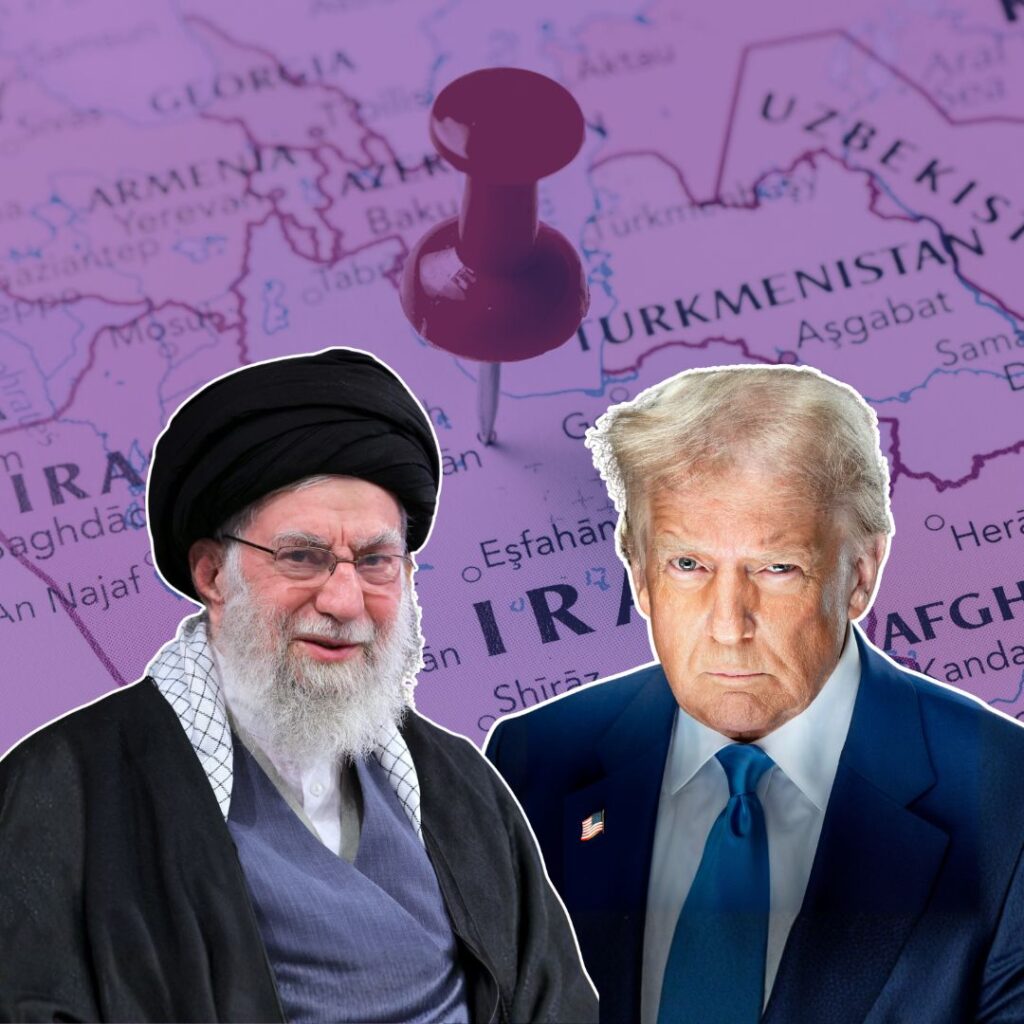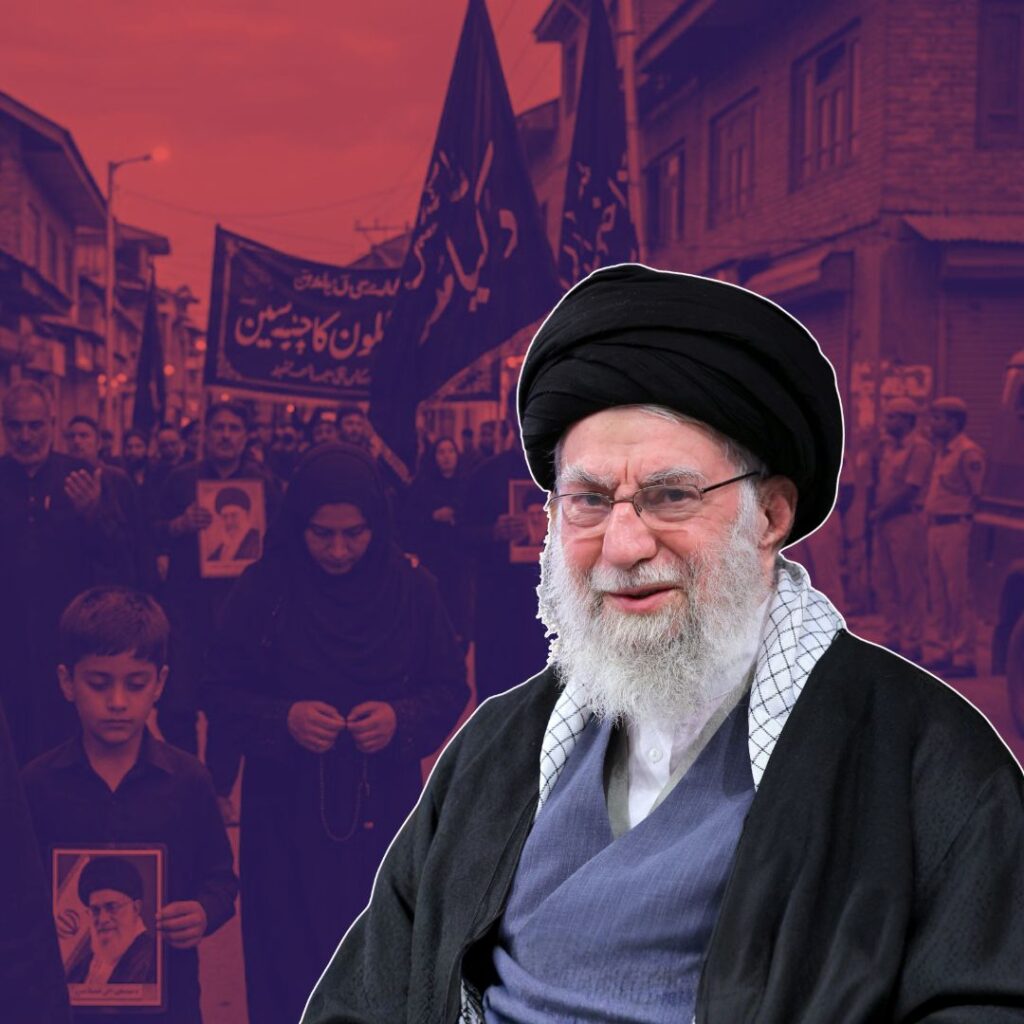Our Constitution is an utmost important document for all the citizens living in the country. The document which is considered as the supreme framework for political principles, procedures, and powers of government which has enlightened us with the most progressive values. The document without holding biases to any caste, religion and tribe gives all of us the right to live with liberty and equality. The precisely drafted Constitution allows us to speak our mind and demand for justice.
The Supreme document
Today on November 26, the entire country is celebrating its Constitution day which is also known as ‘Samvidhan Divas’. On the same day in 1949, India adopted its Constitution. However, our constitution that declares India as a sovereign, socialist, secular democratic republic came into effect on January 26, 1950, which is celebrated as Republic Day.
The day was first celebrated in 2015 when the government declared November 26 as the Constitution day, as a tribute to B.R. Ambedkar, who played a pivotal role as the chairman of the of the drafting committee of the Constitution. The year 2015 also witnessed the 125th birth anniversary of B.R. Ambedkar. Earlier this day was being celebrated as National Law Day since 1979.
The Constitution comprises of 90,000 words carefully handwritten in English and Hindi. The Constitution committee that drafted it constituted of 271 men and women. When our supreme minds were preparing the constitution, no foreign consultants were involved in the framing. It was because the founding committee was adamant that only Indians should have full control over the drafting procedure.
Our constitution makers insightfully gave answers to many questions. It seems like the makers had anticipated a lot of things which is why they drafted the Constitution with such understanding. In fact, the makers always gave enough provisions for amendments regarding things they might have missed out back then.
The celebration
While commemorating the Constitution day, Prime Minister Narendra Modi remembered great personalities who drafted our Constitution. He tweeted saying, “We are proud of our Constitution and reiterate our commitment to uphold the values enshrined in it.”
On Constitution Day we recall with pride the stellar contribution of the greats who served in our Constituent Assembly. We are proud of our Constitution and reiterate our commitment to uphold the values enshrined in it.
Here is what I said during yesterday’s #MannKiBaat. pic.twitter.com/Bx0Y60mUsw
— Narendra Modi (@narendramodi) November 26, 2018
Other leaders also took to Twitter to congratulate the republic.
Happy Constitution day to all the citizen of India :
Dr. Ambedkar said Caste is anti-national. But BJP gov. says anti-national to this youth leaders who says no to caste. What a paradox! Despite of all their attempt Modi gov has not been able to silence the voice of voiceless. pic.twitter.com/zoLX9wD9Au— Jignesh Mevani (@jigneshmevani80) November 26, 2018
On the the occasion of #ConstitutionDay (also National Law Day), let us pay our tributes to the architects of our Constitution and pledge to preserve the values enshrined in it. This year also marks the 70th year of the adoption of the #IndianConstitution. pic.twitter.com/CFUMjGxh8X
— Suresh Prabhu (@sureshpprabhu) November 26, 2018
Aim To make people aware of Ambedkar
As we observe this day, we can not forget Ambedkar whose reformist thinking led to the abolition of the caste system in the country, at least to an extent. Babasaheb who was the chairman of the constitution drafting committee with his efforts made pathways for our better future.
Dr B. R. Ambedkar was born into a family of ‘untouchables’ on April 14, 1891. He went to Govt School where ‘untouchable’ children were segregated and they were not allowed to sit inside the class. If they needed to drink water, someone from a higher caste would have to pour that water from a height as they were not allowed to touch water or the vessel. Which means, if there were no ‘higher caste’ person to pour water, they would have to stay thirsty.
He became the first Dalit to enter a college and graduate. He wrote multiple theses including- Ancient Indian Commerce, National Dividend of India-A Historic and Analytical Study and Castes in India: Their Mechanism, Genesis and Development.
He was appointed to Rajya Sabha in March 1952 and remained a member till death. Reservation was his idea to uplift and include untouchables in main-stream and was introduced for a period of ten years.
Ambedkar opposed Article 370 in the Constitution, which gives a special status to the State of Jammu and Kashmir. He argued that every Indian should have right on Kashmir
In 1955, he founded Buddhist Society of India in 1956 and converted to Buddism with 5,00,000 of his supporters. His final book was The Buddha and His Dhamma in 1956, and he died in the same year.
Ambedkar and religion
Ambedkar was a Hindu for most of his life. In his final years, he converted to Buddhism.
Throughout his life, Ambedkar was a staunch supporter of secularism. One instance that substantiates this is his support for a uniform civil code. During the Constituent Assembly debates, he famously stated,
“I personally do not understand why religion should be given this vast, expansive jurisdiction, so as to cover the whole of life and to prevent the legislature from encroaching upon that field. After all, what are we having this liberty for? We are having this liberty in order to reform our social system, which is so full of inequities, discriminations and other things, which conflict with our fundamental rights.”
Ambedkar’s views on anything are always a treat to read. He was an opinionated man and a passionate debater. His views on constitutionalism, democracy, caste, religion, individualism, and economics not only influenced countless people over the years, but they also had a profound impact on the very foundations of Indian democracy.
Also Read: What BR Ambedkar Had To Say About Caste & The Caste System











